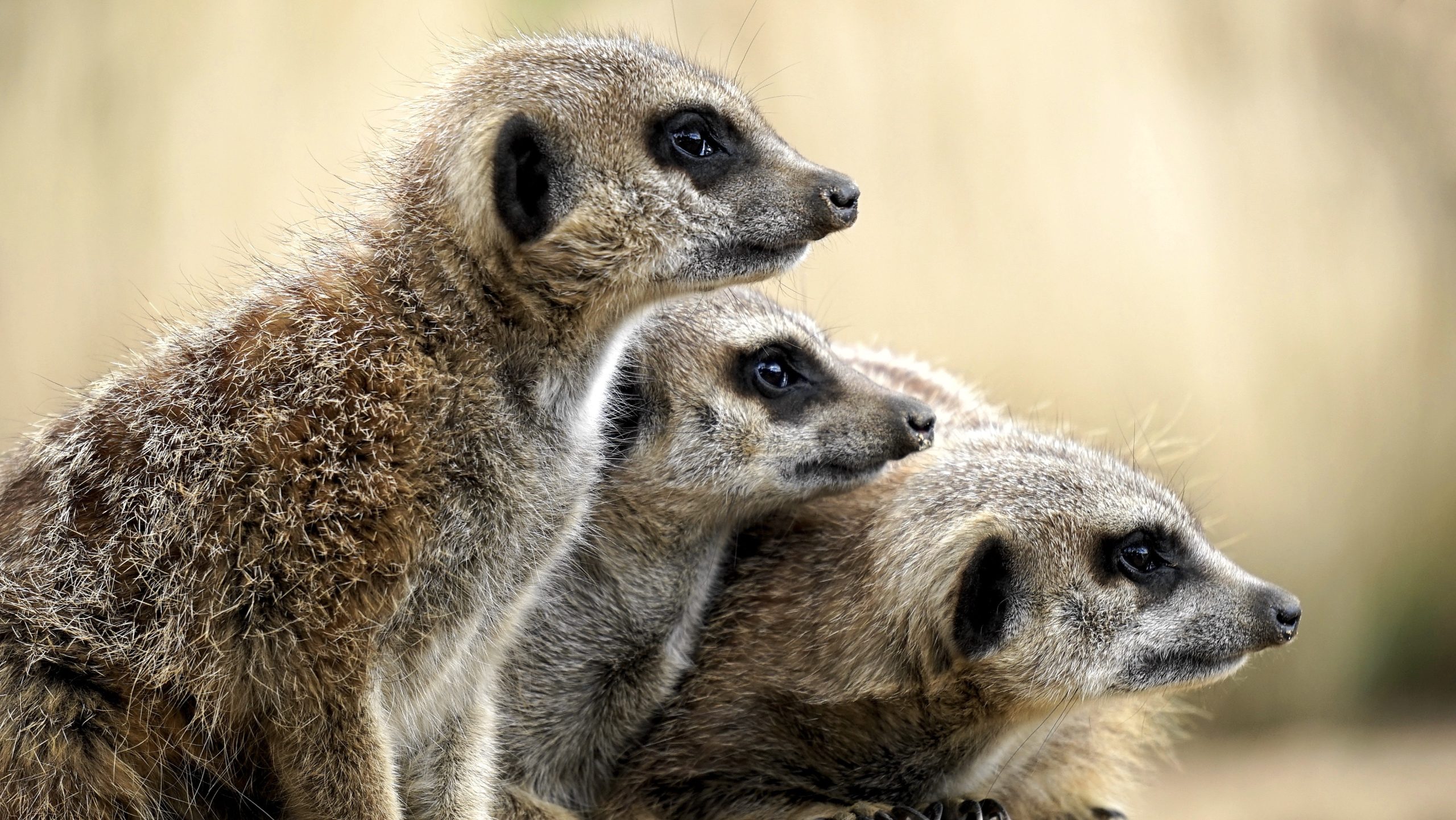According to an article posted by panda.org a while ago, about 200 and 2000 extinctions occur every year, and loss of animals due to poaching, to stop this, wildlife conservation is of prime importance. There are many reasons for wildlife conservation, and this article will discuss them, but to better understand this article, we need to get some terms right.
Ecosystem: A community of living organisms (plants, animals, and microorganisms) in conjunction with the nonliving components of their environment (such as air, water, and mineral soil), interacting as a system.
Extinction is the process of species, family, or other group of animals or plants having no living members; and no longer in existence.
Poaching: Illegal hunting, capturing, or killing of wildlife, often for trade, food, or other purposes.
Ecosystem Services: The benefits that humans derive from ecosystems, including provisioning services (e.g., food, water), regulating services (e.g., climate control, disease regulation), and cultural services (e.g., recreation, spiritual and cultural values).
Wildlife Conservation is the practice of preserving wildlife by protecting them and their habitat
Alright, with these terms in mind, let’s see the importance of wildlife conservation:
Importance of Wildlife Conservation
In the first three, note the importance of wildlife conservation to the ecosystem
- Biodiversity Conservation – Wildlife consists of variations of life forms on Earth, Biodiversity is essential for maintaining the stability and resilience of the ecosystem, since different species play unique roles in their respective habitats. Learn more
- Ecosystem Services – Many wildlife species provide essential ecosystem services for human survival. For example, pollinators like bees and butterflies are essential for the reproduction of countless plant species.
- Ecological Balance – Predators like lions and tigers can help keep the populations of prey like antelope in check, preventing the overpopulation of some species, without this, the ecosystem will be unstable. Learn more
The other importance are these:
- Human Livelihoods – Many communities depend on wildlife for their livelihoods, through tourism, hunting (regulated and sustainable practices), and the use of natural resources. Conserving wildlife ensures the economic well-being of these communities.
- Scientific and Medical Discoveries – Wildlife and their habitats are sources of inspiration for scientific research and medical discoveries. Studying wildlife can lead to advancements in various fields, from genetics to pharmaceuticals, as well as our understanding of natural processes.
- Aesthetic and Cultural Value – Wildlife has intrinsic value and is an important part of many cultures and traditions. It enriches our lives through its aesthetic appeal, and many people derive joy and inspiration from observing and interacting with wildlife.
- Climate Change Mitigation – Forests and other natural habitats, which often house diverse wildlife populations, play a critical role in sequestering carbon dioxide and mitigating climate change. Protecting these habitats helps combat climate change.
- Education and Awareness – Wildlife conservation efforts provide opportunities for education and raising awareness about the importance of nature and the need to protect it. This can lead to more informed and environmentally conscious citizens.
- Moral and Ethical Considerations – Many people believe that all species have an intrinsic right to exist and that humans have a moral and ethical responsibility to prevent species extinction caused by human activities.
- Genetic Diversity – Wildlife populations often harbour unique genetic traits and adaptations that may be valuable for breeding programs, research, or future conservation efforts.
In summary, wildlife conservation is vital for maintaining the health of our planet, preserving biodiversity, supporting human well-being, and upholding ethical and cultural values. It requires the collective efforts of individuals, communities, governments, and organizations to ensure the survival and thriving of the Earth’s diverse wildlife.









